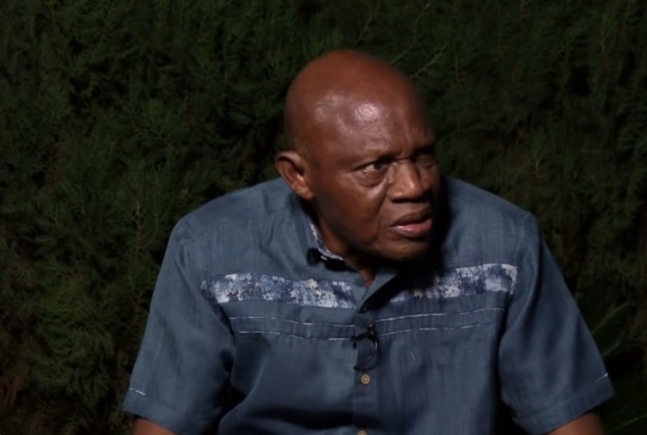A retired Supreme Court judge, Justice William Atuguba, has raised concerns over what he describes as a troubling trend of politically motivated judicial appointments, warning that such practices are eroding the credibility and integrity of Ghana’s highest court.
Speaking in an interview on TV3’s The Pulse on Wednesday, May 7, Justice Atuguba decried what he called a growing pattern of “showmanship appointments”—where politically aligned individuals are promoted over more competent and senior judges.
He cautioned that this development under successive governments threatens the independence of the judiciary and the future of constitutional governance in Ghana.
His comments come in the wake of President John Dramani Mahama’s nomination of seven Court of Appeal justices to the Supreme Court bench. The nominees include Justices Sir Dennis Dominic Adjei, Gbiel Simon Suurbaareh, Senyo Dzamefe, Kweku Tawiah Ackah-Boafo, Philip Bright Mensah, Janpere Bartels-Kodwo, and Hafisata Ameleboba.
Their nominations were formally communicated via a letter dated April 29, 2025, signed by the President’s Executive Secretary, Dr Callistus Mahama.
While the nominations conform to Article 144(2) of the 1992 Constitution and are currently before the Judicial Council for consideration, Justice Atuguba expressed concern over the increasing politicisation of the process.
“Competent seniority, when bypassed, is bad. Not just seniority for its own sake, but the competence that comes with experience must never be ignored. That doesn’t serve the country well,” he said.
He cited instances where seasoned judges had been overlooked or delayed in elevation, only to later prove their worth by authoring leading or unanimous decisions on the Supreme Court bench — a trend he described as symptomatic of a flawed and politicised system of selection.
“You pick people over and above competent seniors, and when the regime changes, those same seniors are brought in and they write the leading judgments,” he noted. “That tells you something about the quality being ignored in the name of politics.”
Justice Atuguba stopped short of commenting on the merits of individual nominees but emphasised the need for a rigorous, merit-based vetting process, grounded in legal scholarship and a proven track record of fairness — rather than loyalty to a political regime.
Justice Atuguba also criticised the increasing centralisation of power in the presidency, particularly in relation to state appointments, and called for constitutional reforms to decentralise authority and strengthen independent institutions.
“If you're not careful, you end up surrendering the power of a whole country to one man for just a few minutes,” he warned. “We don’t need strongmen; we need strong governance systems.”
He further argued that the Supreme Court’s core function — the interpretation and enforcement of the Constitution — demands appointees who are not only proficient in legal doctrine, but also deeply grounded in jurisprudence and constitutional law.
“The most important part of the judicial system is constitutional law,” he said. “That’s why we must prioritise depth of legal reasoning — not just courtroom popularity.”
Justice Atuguba also criticised the exclusion of legal academics and Bar members from the selection process, arguing that Ghana’s apex court needs a balance of practical and academic legal minds to enrich constitutional discourse and deliver well-rounded jurisprudence.
Related article:
President Mahama nominates seven judges for appointment to Supreme Court bench

